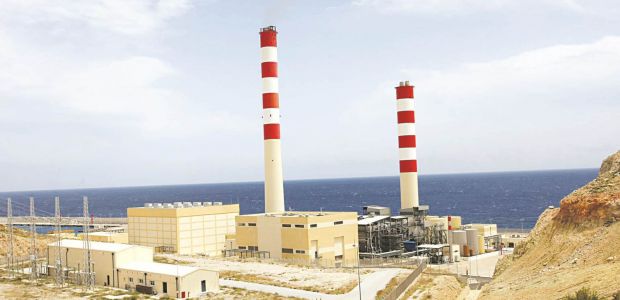RAE, the Regulatory Authority for Energy, has reiterated a request for energy ministry support needed for the execution of a plan that is expected to resolve energy sufficiency concerns on Crete until the island’s major-scale interconnection with Athens is completed.
The authority, which has resent a package of Crete-sufficiency proposals to the energy ministry, is essentially seeking permission from the ministry to recruit consultants so that it can proceed with necessary tenders.
The RAE plan, comprised of four basic actions, is based on a related study conducted by the National Technical University of Athens. Besides ensuring energy sufficiency for the island, the proposals also meet environmental standards.
The conversion of a diesel-fueled power station into a 100-MW natural gas-fueled facility is one of the four RAE proposals.
Another entails the installation of a new 100-MW power station, preferably natural gas-fueled.
A third action involves a RES capacity addition of roughly 200 MW, evenly split between wind and solar facilities.
RAE’s fourth proposal concerns the installation – and introduction to the Greek grid – of energy storage systems, or high-tech batteries, representing a capacity of between 30 and 40 MW.
The first and second proposals depend on LNG supply to Crete. Subsequently, a tender will need to be staged for the installation of an FSRU as well as a 100-MW power station.
The additional RES capacity will also require tenders. In addition, RAE proposes a tender for the energy storage systems it envisions for the island.
These batteries could also be used on other Greek islands in the future if they are eventually no longer needed on Crete.





